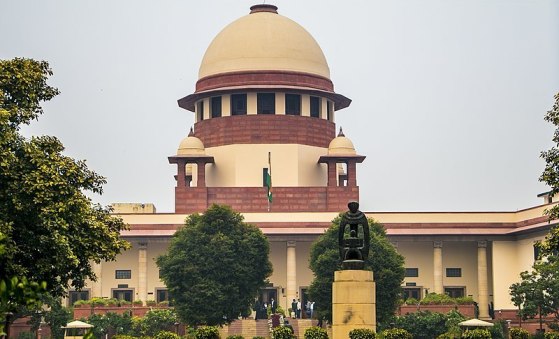In a rare judgement, the Kerala High Court ruled that parishioners have rights over church property.
The court, while hearing a case over property rights between parishioners and church authorities of 'Mukkad Thirukudumba' Church, Sakthikulangara, Kollam, declared that parishioners, independently or together as a committee of administrators, are competent to represent the parish and claim rights over the property of the church.
According to the Church's Canon Law, only bishops can administer a property using legislative, executive and judicial powers.
Giving the judgement, the court said competence of the plaintiffs (parishioners) cannot be doubted even going by the Canon Law.
Church and its properties would not vest in the Pope or the archbishop and the maxim "Roma locuta est, causa finite est" (Rome has spoken, case is closed) no longer survives, the court observed in the judgment, which was first reported by the Times of India.
"Canon Law, as it exists now, realises the fences erected by civil law and cautiously veers away from any transgression thereof," Justice K Vinod Chandran was quoted saying.
The court also clarified that Canon Law cannot override the civil law of the land.
The Catholic Church in India owns the largest chunk of non-agricultural land, and is known as the second largest employer after the Government of India.
Alleging misappropriation of properties, some Catholic laity groups are even calling for a Wakf-like Board to protect properties, assets and institutions of the Church that are worth several thousands of crores.
Muslim Wakf and Sikh Gurdwara Acts, enacted under the provisions of Article 25 of the Constitution of India, are protecting the property and assets of those minorities without government intervention.
In August this year, the proposal to form a Wakf board like institution was moved by Madhya Pradesh Minorities Commission member Anand Bernard.
Archbishop Leo Cornelio of Bhopal, who heads the Catholic Church in the state, however insisted Catholics did not require such body to govern their properties.
"We oppose such a move because Church assets, unlike the Waqf properties, are purchased after paying money and not taken from the government on charity. Also, the Church manages its own properties legally as per the state's Act of Firms and Societies, holds regular meetings and gets accounts audited," Cornelio had said.




